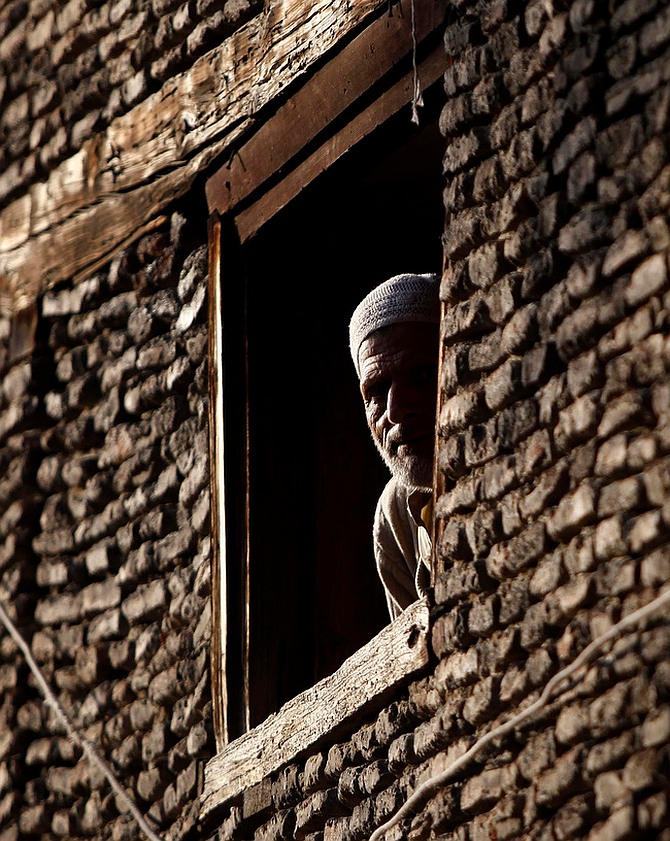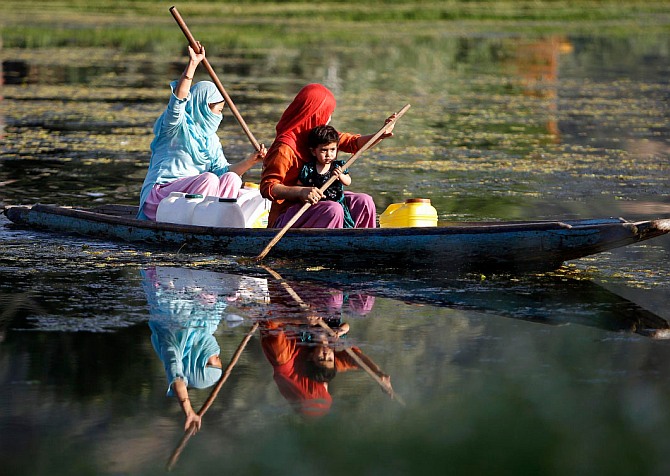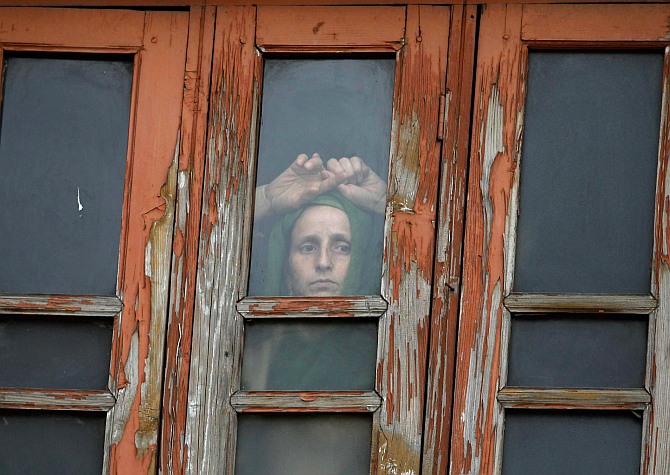 | « Back to article | Print this article |
FAQ: Why is Article 370 so contentious?
All it took was one nondescript statement from a minister in the Narendra Modi government for the contentious issue of Article 370 to re-emerge in national focus.
Minister of State Jitendra Singh's comments that the Modi government was open to debate on the relevance of Article 370 that gives a special status to Jammu and Kashmir evoked sharp reactions from state Chief Minister Omar Abdullah and the main opposition People's Democratic Party.
Omar called Article 370 the "only constitutional link between Kashmir and the rest of India" and termed Singh’s remarks as "ill informed and irresponsible".
For the record, the BJP is in favour of having Article 370 repealed.
Wondering what Article 370 is all about and why it is it so contentious? Read the FAQ below.
What is Article 370?
This is a temporary article enshrined in the Constitution of India, which can be abrogated only through a mandate from the constituent assembly of the state. It took birth from the norms of the Instrument of Accession signed between Maharaja Hari Singh and Lord Louis Mountbatten, the first governor-general of free India.
Dr B R Ambedkar was against the creation of Article 370.
Click NEXT to read further...
FAQ: Why is Article 370 so contentious?
What does Article 370 say?
Except for defence, foreign affairs, finance and communications, the Parliament needs the state government's concurrence for applying all other laws.
Thus the state's residents live under a separate set of laws, including those related to citizenship, ownership of property, and fundamental rights, as compared to other Indians.
As a result of this provision, Indian citizens from other states can not purchase land or property in Jammu & Kashmir.
Under Article 370, the Centre has no power to declare financial emergency under Article 360 in the state.
It can declare emergency in the state only in case of war or external aggression.
The Union government can therefore not declare emergency on grounds of internal disturbance or imminent danger unless it is made at the request or with the concurrence of the state government.
Click NEXT to read further...
FAQ: Why is Article 370 so contentious?
Why was Article 370 brought in?
After Independence it was felt that Kashmir needed more time to integrate with India. It was decided that there was a need to exempt Kashmir from the basic provisions of the Constitution and hence Article 370 was introduced.
Is Article 370 permanently in force in Jammu and Kashmir?
This is only a temporary provision. The intent was to give the state time to become part of India. It was stated that Article 370 will be repealed the day there is sanity in the Valley and the people of the state approved of the same.
How can it be repealed?
The President of India has the right to repeal it vide a public notification. The state assembly too needs to give their consent.
Click NEXT to read further...
FAQ: Why is Article 370 so contentious?
Why the opposition to Article 370?
Some experts say that there’s no feeling of Indianess among the people in the state.
They say that the state has been deprived of industrial development, as the legislation does not allow outside investment and prevents outsiders from buying land.
Consequently, unemployment, especially among the youth, is on the rise. This is indirectly aiding militancy.
How has Article 370 helped the Kashmiris?
Politicians in the Valley see some pros.
The National conference feels it is a bridge between state and the Centre.
While some feel that it preserves the identity and culture of the people, other believe that it offers a lot of liberty to the people.
Click NEXT to read further...



